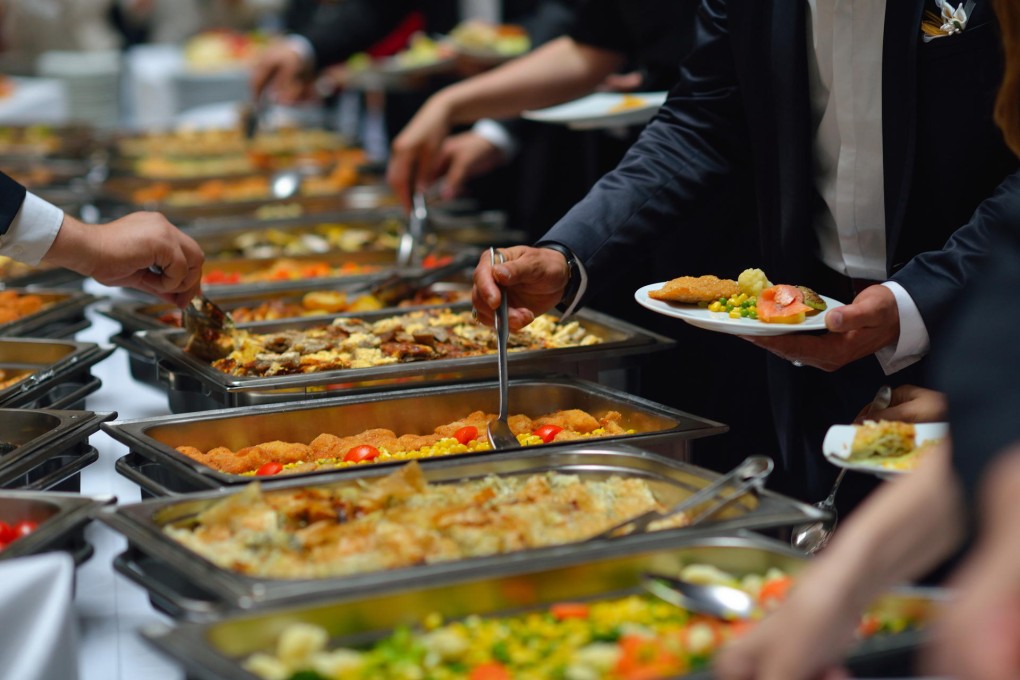Cha Gordo: Macau's ' fat tea' a celebration of Macanese cuisine and culture
The annual Cha Gordo meal is a rich spread of finger foods, cakes and signature dishes

Tomorrow evening the annual Cha Gordo meal, a celebration of Macanese food and traditions, will take place at a masquerade ball at the D. José da Costa Nunes school. "There you can feel and sense a little bit of the nostalgia of the old days - and what the Cha Gordo means for us," says Luis Machado, the president of the organisers, the Confraria Gastronomia Macaense.
Cha Gordo is Portuguese for "fat tea" and was a regular gourmand affair for big Macanese families celebrating Catholic holidays such as Easter and saints' days, or weddings, perhaps a baby's Christening or birthdays. Machado says the Macanese used any excuse "to party, feast and dance all through the night. They celebrated all the religious festivals, but Cha Gordo took place at any time they wanted." The phrase is a way to describe a rich spread and to the Macanese, "fat" equates to rich, which in turn translates to happiness. It has become a rare affair today as dining at restaurants is now the preferred way to celebrate.
These delicious rich and heavy religious feasts were the product of a time when the meal was generally hosted in the homes of rich Macanese families with big kitchens and a team of servants dedicated to cooking. This was also an era before Macau had many restaurants, so the home was the logical place to gather.
In the 1950s when families no longer ran to nine or 10 children and people moved to smaller apartments, Cha Gordo gatherings then started taking place at the now-defunct Tennis Club and Macau Club. They were the institutions where wealthy families gathered to relax.
The best Macanese restaurants in town - no surprise - are run by cooks who used to work at the Macau Club. The three grande dames of authentic Macanese cuisine are Manuela Ferreira of Restaurante Litoral, Vitoria Batisda at APOMAC and Aida Jesus of Riquexo restaurant.
Unfortunately, with smaller homes and no more country clubs, there is no longer a place to experience an authentic Cha Gordo in Macau but the Confraria Gastronomia Macaense - an association whose raison d'etre is to preserve Macanese culture - uses the annual event to try and keep the tradition alive. Common analogies for Cha Gordo include a very late yum cha or British high tea but neither could be further from the mark. Machado says the meal's mid-afternoon start was mainly a result of practicality. "As there were often many children gathered together at home and an early start for dinner at 4pm to 5pm meant the children could eat and be put to bed, while the adults could stay up to chat and dance the night away without having to worry about taking care of the children," he says.
